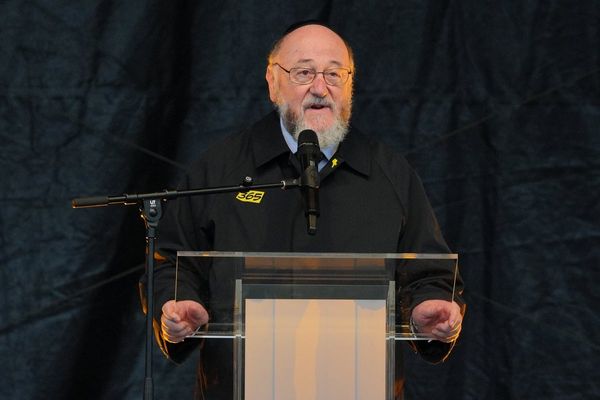
Hospitals will reduce the number of operations they perform over the next few months after ministers rejected an NHS plea for £1bn to cover the cost of strikes by staff.
The move makes it even more unlikely that Rishi Sunak will be able to deliver his promise to cut NHS waiting lists, one of the five key pledges he said voters should judge him by.
NHS England had been in discussion with the Department of Health and Social Care and the Treasury for months over what it hoped would be a bailout of at least £1bn of genuinely new money. It has instead been forced to recycle what is mostly funding from within its existing budget in order to hand £800m to local NHS bodies to help lessen deficits, expected to hit £160m in the case of some services.
Leaders in NHS England were left disappointed and concerned after ministers decided to largely disregard their £1bn request and give them only £100m.
Responding to the government’s snub, NHS England announced that it would now relax its drive to tackle the backlog of people waiting for hospital care, which stands at 7.75 million, the largest number on record.
It initially committed this financial year to undertaking 107% of the number of planned operations it did in 2019-20, before the Covid-19 pandemic hit. It cut that to 105% in July and has now lowered that target to 103% to help save money.
It could mean that the NHS will struggle to realise its ambition to ensure that by next spring no one will have been waiting for hospital care for more than 65 weeks. It also raises serious questions about how realistic Sunak’s hope is that the waiting list will have stopped growing by next year, when the UK will hold a general election.
Wes Streeting, the shadow health secretary, said: “The white flag has been waved on Sunak’s pledge to cut waiting lists – 700,000 fewer patients will now be treated than planned [in 2023-24], thanks to the Conservatives’ mismanagement of the NHS.”
Saffron Cordery, the deputy chief executive of NHS Providers, said leaders of health service trusts were feeling “a deep sense of frustration over the lack of extra funding from the Treasury to help the NHS tackle the fallout from nearly a year of industrial action”.
NHS England will also cut back planned spending on technology and improvements to hospitals’ facilities, again to free up the £800m; its budget is due to be £16.7bn this year.
Matthew Taylor, the chief executive of the NHS Confederation, said the £800m was “clearly insufficient” to cover the deficit that the 42 regional “integrated care systems” of the NHS were on track to incur.
The health service needed the level of emergency funding to be at least £1bn, Taylor said, because that was what the strikes by doctors, nurses and other staff since last December had cost it.
Julian Kelly, NHS England’s finance chief and deputy chief executive, told its board meeting last month that the walkouts had cost the service £1.1bn by the end of July.
NHS leaders had hoped that the understanding of the service by the chancellor, Jeremy Hunt, gleaned from his six years as the health secretary, would lead him to provide a substantial sum. His failure to do so, bar the £100m, is also a setback for Steve Barclay, the current health secretary, who had been lobbying him to find the £1bn the NHS said it needed.
Sally Gainsbury, a senior policy analyst at the Nuffield Trust thinktank, said the NHS had been “forced to scale back ambitions to bring down record waiting lists to help get patients seen quicker”. She said: “This will ultimately mean some people will wait longer for their operations and treatment than the NHS had hoped and planned.”
Sally Warren, the director of policy at the King’s Fund, warned that the £800m would prove to be too little if consultants and junior doctors continued with strikes. There is cautious optimism in the NHS that a deal to end walkouts by consultants may come soon, before winter adds to the already intense strain felt by the NHS.
A Department of Health and Social Care spokesperson said: “We are backing the NHS and social care with record funding and have made up to £14.1bn available to tackle the backlog caused by the pandemic and cut waiting lists, which is one of the government’s five key priorities.







